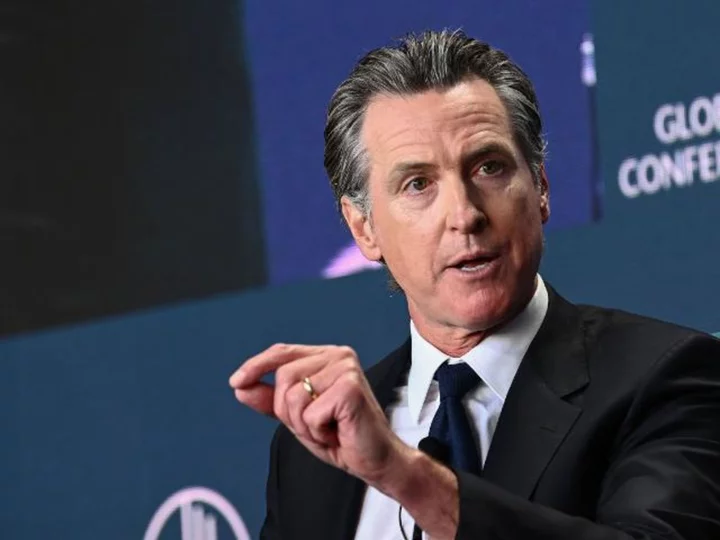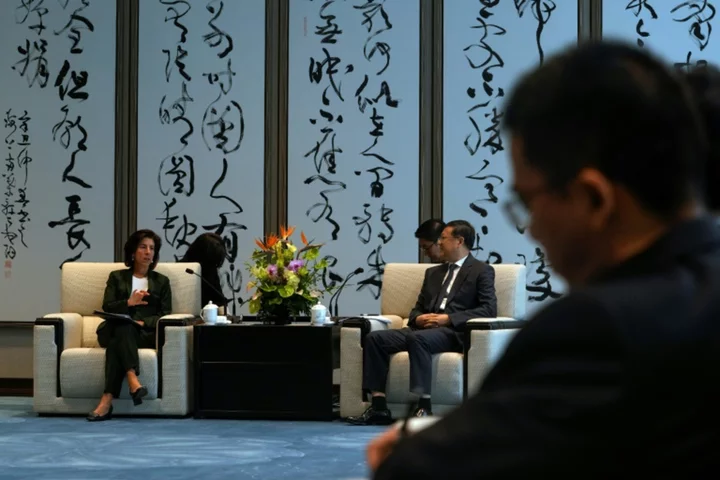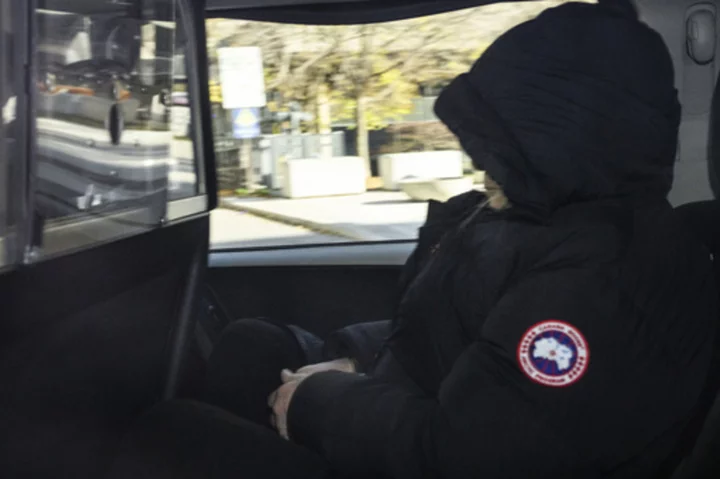California Gov. Gavin Newsom vetoed a bill Saturday that would have explicitly banned caste discrimination in the state.
The measure, which passed the California legislature last month, specified caste as a subset of ancestry in the state's civil rights statutes and would have given residents legal recourse against instances of caste discrimination.
India's caste system evolved over centuries into a rigid social hierarchy based on notions of purity, with a person's caste assigned at birth. While India formally outlawed caste discrimination shortly after its independence in 1947, caste-based prejudice and inequality persists and has since seeped into other countries.
In a statement explaining his veto decision, Newsom said the measure was "unnecessary" because discrimination based on caste is already prohibited in the state.
"In California, we believe everyone deserves to be treated with dignity and respect, no matter who they are, where they come from, who they love, or where they live," Newsom said. "That is why California already prohibits discrimination based on sex, race, color, religion, ancestry, national origin, disability, gender identity, sexual orientation and other characteristics, and state law specifies that these civil rights protections shall be liberally construed."
The California measure was opposed by some groups, including people of Indian origin, who said it unnecessarily painted an entire community with a broad brush. Though caste is commonly associated with India and Hinduism, it has since spread to other South Asian countries and religions.
In recent years, more caste-oppressed people in the United States have started speaking out about the discrimination they face — particularly in Silicon Valley, where a large proportion of workers are South Asian immigrants, CNN previously reported.
A coalition of civil rights groups, faith-based organizations and progressive legal scholars had backed the measure to amend the state's Fair Employment and Housing Act, the Unruh Act, and the Education Code to include "caste" and other dimensions of ancestry. But the bill also saw intense, vocal opposition from some Indian Americans and Hindu organizations who argued it unfairly maligned South Asians and Hindus.
Equality Labs, a Dalit advocacy organization backing the bill, said though Newsom vetoed the legislation, the group still views it as a win. Dalit is a term those at the bottom of India's caste hierarchy have adopted to refer to themselves.
"While it is heartbreaking to receive the Governor's veto, it is not a reflection of the incredible democratic power that our communities showed. We did the impossible," Thenmozhi Soundararajan, executive director of Equality Labs, said in a statement. "Caste-oppressed people have been mobilizing for years to fight against this form of historical violence and will continue to do so."
Earlier this year, Seattle became the first US city to ban caste discrimination. Several institutions of higher education, including Brown University, the California State University System, Colby College and Brandeis University, have also added caste protections to their nondiscrimination policies.
In 2020, California sued the tech giant Cisco and two of its engineers for allegedly discriminating against an Indian employee because he was of a lower caste. While the state has since dropped the case against the two engineers, litigation against Cisco is ongoing. Cisco said at the time it is committed to cultivating an "inclusive workplace."
Over the last two decades, caste has also been at the heart of controversies around how Hinduism is portrayed in California textbooks. Some Hindu groups argued proposed textbook language perpetuated bias and stereotypes against Hindus and lobbied to remove or change certain references to the caste system.









